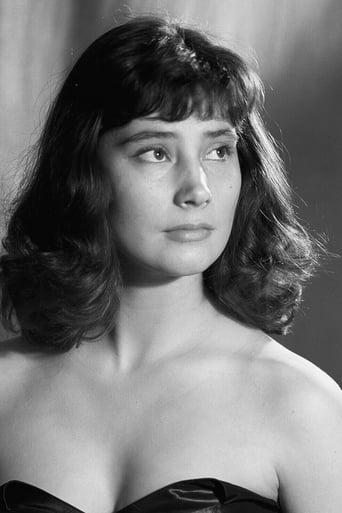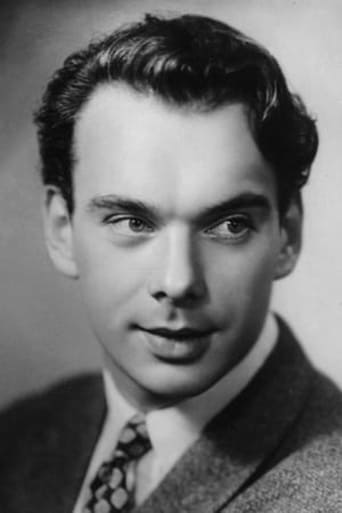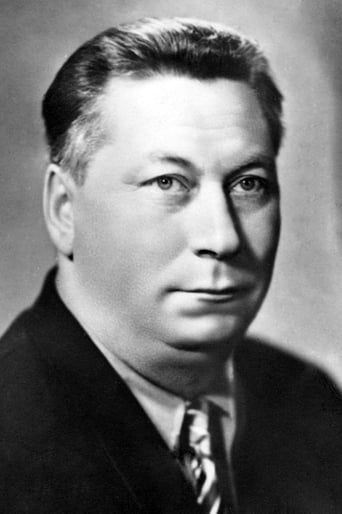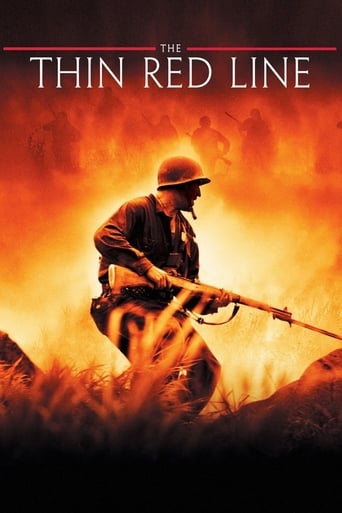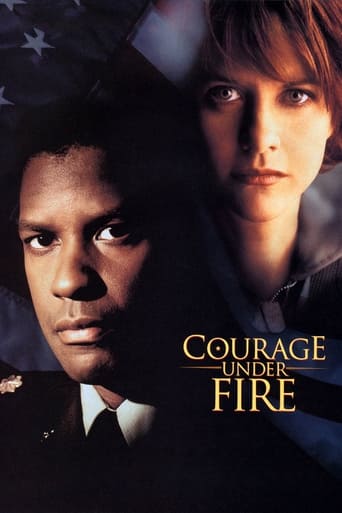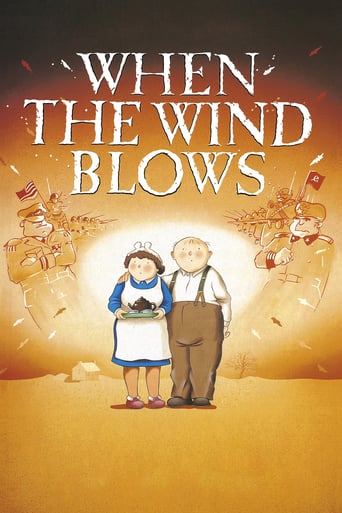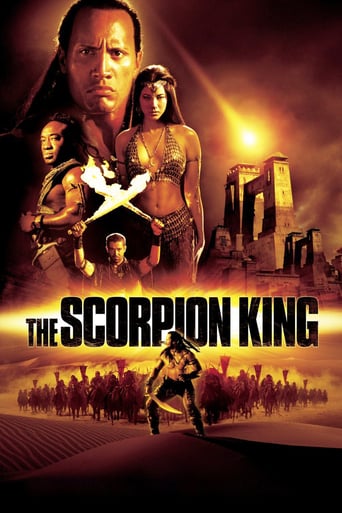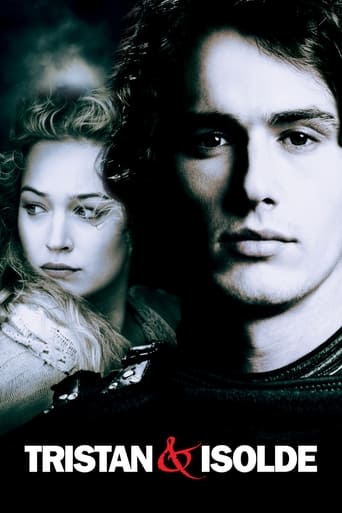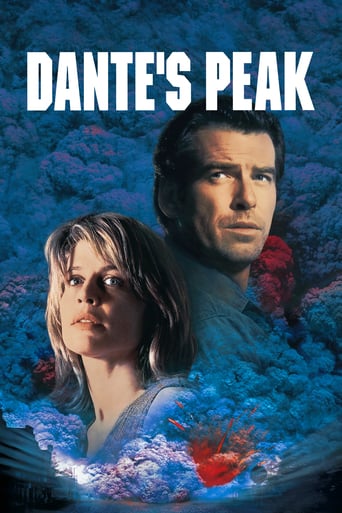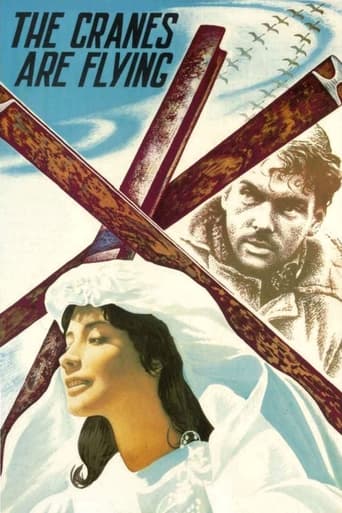
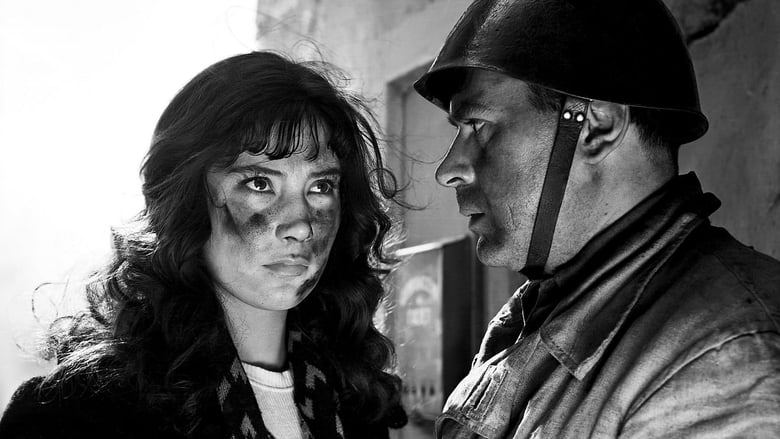
The Cranes Are Flying (1957)
Veronika and Boris come together in Moscow shortly before World War II. Walking along the river, they watch cranes fly overhead, and promise to rendezvous before Boris leaves to fight. Boris misses the meeting and is off to the front lines, while Veronika waits patiently, sending letters faithfully. After her house is bombed, Veronika moves in with Boris' family, into the company of a cousin with his own intentions.
Watch Trailer
Cast
Similar titles
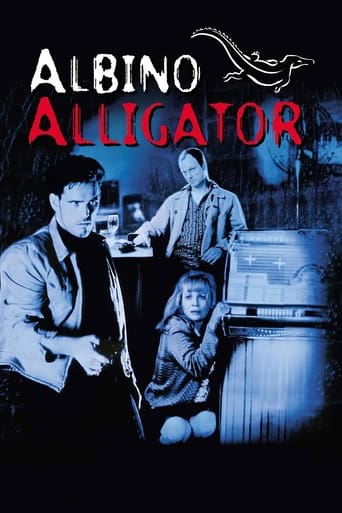
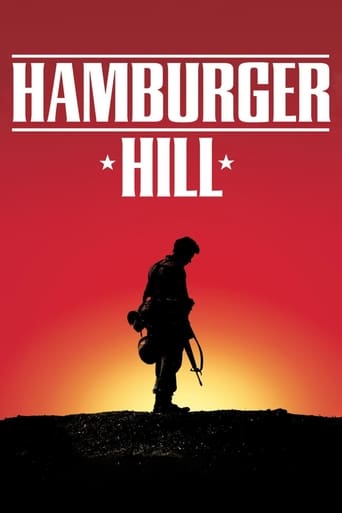
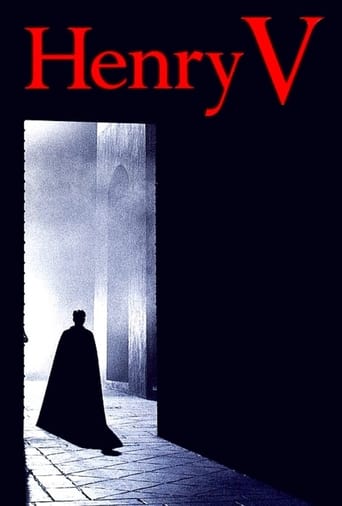
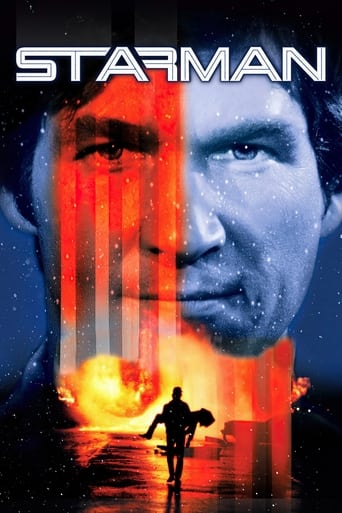
Reviews
If you don't like this, we can't be friends.
From my favorite movies..
Admirable film.
It is an exhilarating, distressing, funny and profound film, with one of the more memorable film scores in years,
Boris volunteers for the war effort, leaving behind his lover Veronica, and while away on the battlefield she is married to his cousin whom she doesn't love. Despite her marriage, Veronica determinedly holds onto the belief that Boris is still alive and will come back to her, and the filmmakers paint her every situation influenced by his absence, as though she can not live a waking moment without thought of him. The whole plot - the whereabouts and safety of Boris - hinges on a curious detail that he never writes letters to her or his family, and thus remains clouded in mystery. We are never given a reason for this, with only a vague suggestion of mail difficulties, which the cynic in me can't but feel is used as a cheap and convenient plot device. I'm sure these things happened throughout the war, and I don't doubt their emotional toil, but the storytelling in this film appears flimsily staged, which is its greatest flaw. With mostly poor acting (though Veronica is quite good, doing her best to carry the film on her over burdened shoulders), pointed dialogue, a few coincidences, and a sappy script, it never manages to suspend our disbelief, and always feels like a made for the screen melodrama. There are some very nice shots throughout, but equally, there are shots so attention seeking in their grandiosity they only manage to detract from the vision, and add to the unreality. Still, you have to give credit to the director for trying something, as the material didn't give much to work with.
What a striking picture, especially coming from the Soviet Union in 1957. Some of the shots resemble, oh, I don't know, nouvelle vague. The director was Mikhail Kalatozov. He makes splendid use of light values and composition. The shadows are stark black, and if there are four people involved in a confrontation the figures may be arranged at three different levels on a staircase. The plot is pointed towards patriotism on everyone's part. There is nothing resembling propaganda in this love triangle, any more than there was in the abominable "Pearl Harbor." It's a celebration of the ability of most ordinary people to endure hardship. And that hardship was very real in Russia, from the beginning with the German invasion to the ultimate triumph. First, the Russians had about 8 million deaths in the military, and about 13 million civilians lost their lives. For comparison the total American deaths, both military and civilian, were about 420,000. Moreover, as the Nazi threat to the industrial centers of cities like Moscow and Stalingrad increased, the Soviets packed up both workers and plants and move them across the Ural Mountains. Imagine, say, St. Louis being physically move west of the Rockies.But this is the story basically of a woman, Veronica, whose lover is marched off to war, whose family is killed in an air raid, who moves in with the family of her fiancé, who is raped by her fiancé's brother, who takes up with her rapist, who is sufficiently shamed by her betrayal of her lover at the front that she is barely stopped from committing suicide. Her fiancé is reported to have been wounded and died at the front, but no one has actually seen him buried. Is he still alive somewhere? Evidently not, because Veronica brings an armload of flowers to the train bringing the soldiers home, hoping to find him in the milling crowd. But he's not there. Tearfully she begins distributing flowers, bit by bit, to the noisy celebrants at the station -- bearded old men, young men in uniform, babies, grief-stricken babushkas, little boys, everyone. Well -- what else can she do but recognize that the victory in the Great Patriotic War dwarfs her personal tragedy. "It doesn't take much to see that the problems of three little people don't amount to a hill of beans in this crazy world." Veronika is a decent actress. The casting is especially precise because neither she nor her boyfriend Boris are extraordinarily beautiful. They're agreeable to look at, but rather ordinary. Veronika is not Olga Kurilenko, and Boris is no, well, whatever the male equivalent of Olga Kurilenko might be. There are no speeches about Mother Russia. Stalin's name is never mentioned. He was a complete bastard before and during the war and killed more Russians than the Nazis did. There IS one victory speech at the end. A returning soldier shouts to the crowd that we must never let war happen again and we must pursue peace. The Germans are called "brutes," once, but that's all. The enemy is war itself. The sentiment must be justified because we all seem to salute it as we pass it on the way to the next war.I feel I have to expatiate a bit on the direction and camera work because probably most people watching the movie won't recognize how innovative two Soviet movies were at the time, how much impact they had on the West. In the companion piece, "Ballad of a Soldier," for instance, there is a scene is which a Russian soldier is running towards the elevated camera, sprinting like hell to avoid a German tank that's pursuing him.The camera is held still as the soldier rushes under and past it, disappearing off the screen. When the tank races past the same location, the camera follows the tank by leaning so far forward that the image on the film -- tank chasing man -- is upside down. That's nothing now, of course, when cameras twirl around and do pirouettes, but in 1957 that technique was NEW.
This film really grew on me. It tells the story of a young man who goes off to war, filled with desire to become a hero and defend mother Russia. He leaves behind a young woman who adores him but is never able to tell him. What happens here is what happens so often. She gives up hope of ever seeing him and ends up married to a man who has had designs on her and whom she actually hates.. What's worse, he rapes her in a building that is being bombed by German aircraft. The "glory" of war is shown for what it is: the human tendency to kill its children while the decision makers sit an pontificate. This is so poignant, so human, and it gives us no winners. By the way, the camera is the star of this movie. The battle scenes take us plodding through the mud, facing death at every turn. It carries us through the masses as they see their heroes off to battle. It shows us graphically the obstructions thrown up by war as they diminish the human condition.
Fabulous cinematography from Sergei Urusevsky help to make this a stunning piece of work. The opening scenes are as if one is leafing through some master photographer's album and as the story begins to unfold we are swept away with both the events depicted and the beautiful look. All is well shot but there are several whole sequences that are simply breathtaking. Difficult to describe without 'spoiling' but suffice to say one is a very intense scene during an air raid and the lady left behind and her lover's brother are at odds as the sirens whine and the windows shatter. Another superimposes a swirling staircase and a spinning shot of tree tops and even develops into a fantasy sequence. Soviet film making of the highest order.
